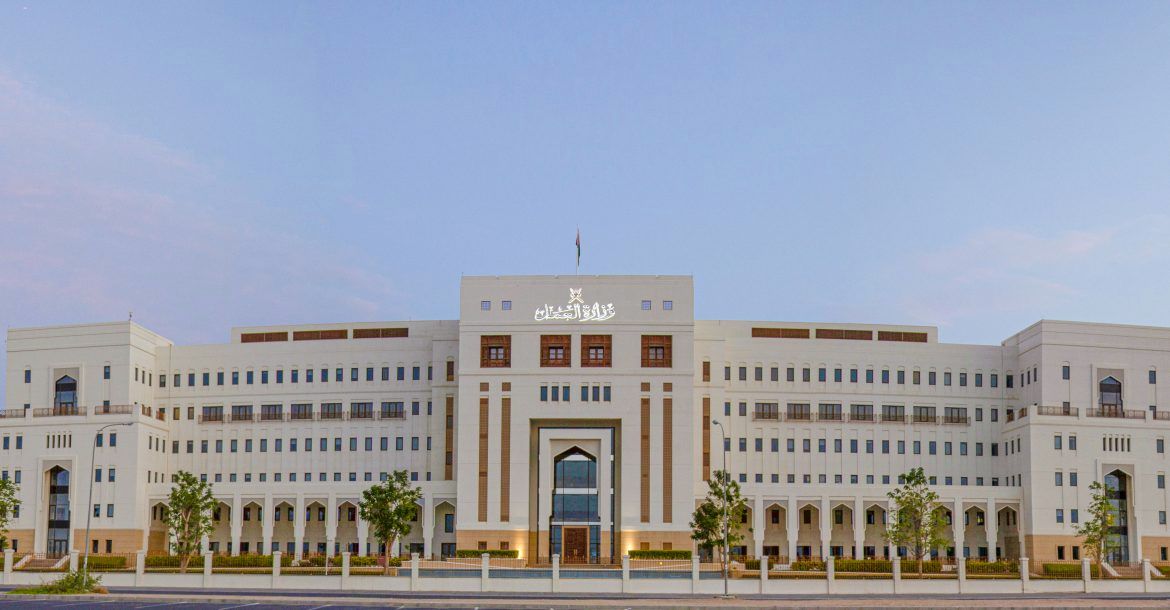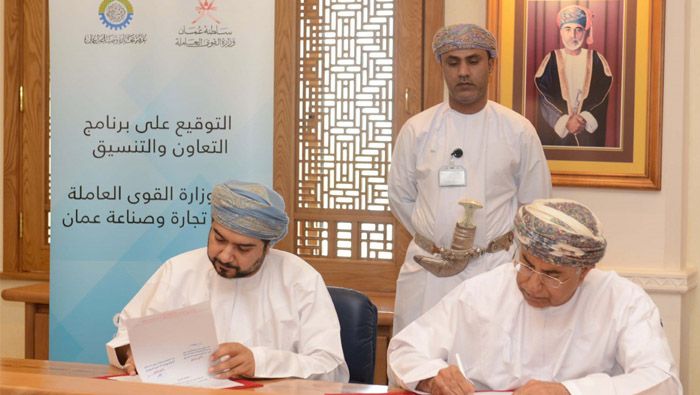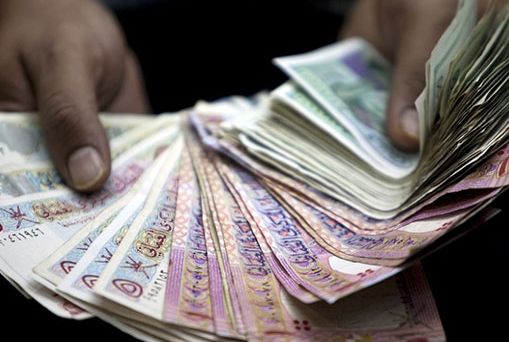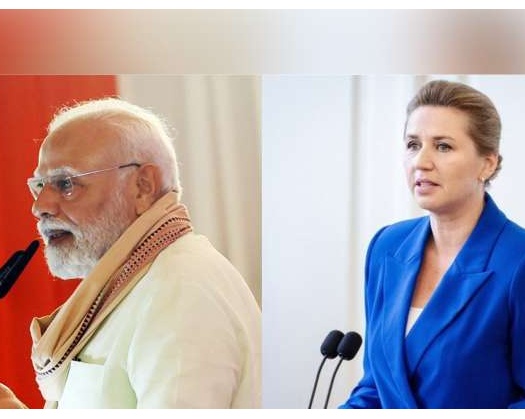Muscat: The ongoing review to increase the minimum wage in the Sultanate of Oman to over OMR 360 has been confirmed by His Excellency Mahad Baawin, the Minister of Labour. The review takes into account various factors such as average monthly wages and the annual inflation rate, resulting in a proposed range of OMR 360-400.

In 2020, the Ministry of Labour made a decision that sparked significant criticism and created a genuine crisis for job seekers, particularly those with university degrees.
Previously, the Ministry of Labour's decision in 2020 to abolish the minimum wage sparked extensive discussions and reactions. These reactions varied between support and opposition, particularly from the younger generation, as the Ministry issued a circular stating that wages should not be tied to qualifications. The Ministry viewed this decision as a means to increase Omanisation rates and create more employment opportunities for citizens.
Furthermore, the Ministry has expressed its commitment to making changes to the legislative system in order to effectively regulate the labor market. This initiative has been well-received by some, particularly businessmen, who view it as a prudent move that will greatly enhance the Omanisation rate in private sector organizations and institutions.
However, there are others, particularly job seekers, who believe that this decision does not work in their favor. They argue that it fails to acknowledge the value of educational qualifications and may further widen the disparity in benefits between the public and private sectors. At a time when the government is striving to bridge the gap and standardize benefits across both sectors, reducing the minimum wage to OMR 325 does not align with the objectives of Oman Vision 2040, which places emphasis on the knowledge economy.

According to Dr. Mohammad Al-Wardi, a renowned academic and economist, the recent decision to lower wages and detach them from qualifications presents job opportunities for individuals seeking employment in private sector establishments, regardless of their university degrees.
However, Dr. Al-Wardi emphasized that this measure is only a temporary solution and could have adverse long-term effects. By allowing company owners to hire job seekers at the minimum wage of OMR 325, it may lead to reduced operational costs for these companies. This decision is primarily driven by the exceptional circumstances caused by the Coronavirus pandemic and the decline in oil prices.
Dr. Al-Wardi expressed concerns regarding the compatibility of this decision with the expectations of job seekers. After investing years of diligent study, they may find themselves receiving a modest salary that does not align with their level of expertise and skills when employed in private sector establishments.
He emphasized that implementing a supply and demand-based employment system in rentier nations like the GCC countries, including the Sultanate, is not feasible. This is due to the significant presence of expatriate workers, who make up one-third of the population, competing with citizens for job opportunities.
According to him, developed countries that follow the supply and demand principle primarily rely on the private sector. However, in the Sultanate, workers predominantly depend on the public or government sector. Government sector employees receive higher salaries compared to those in the private sector, which discourages young individuals from seeking employment in the private sector.
Dr. Al Wardi highlighted that reducing wages to OMR 325 will further widen the disparity in benefits between the public and private sectors. This decision comes at a time when the Sultanate heavily relies on the private sector to drive employment and boost the national economy.









